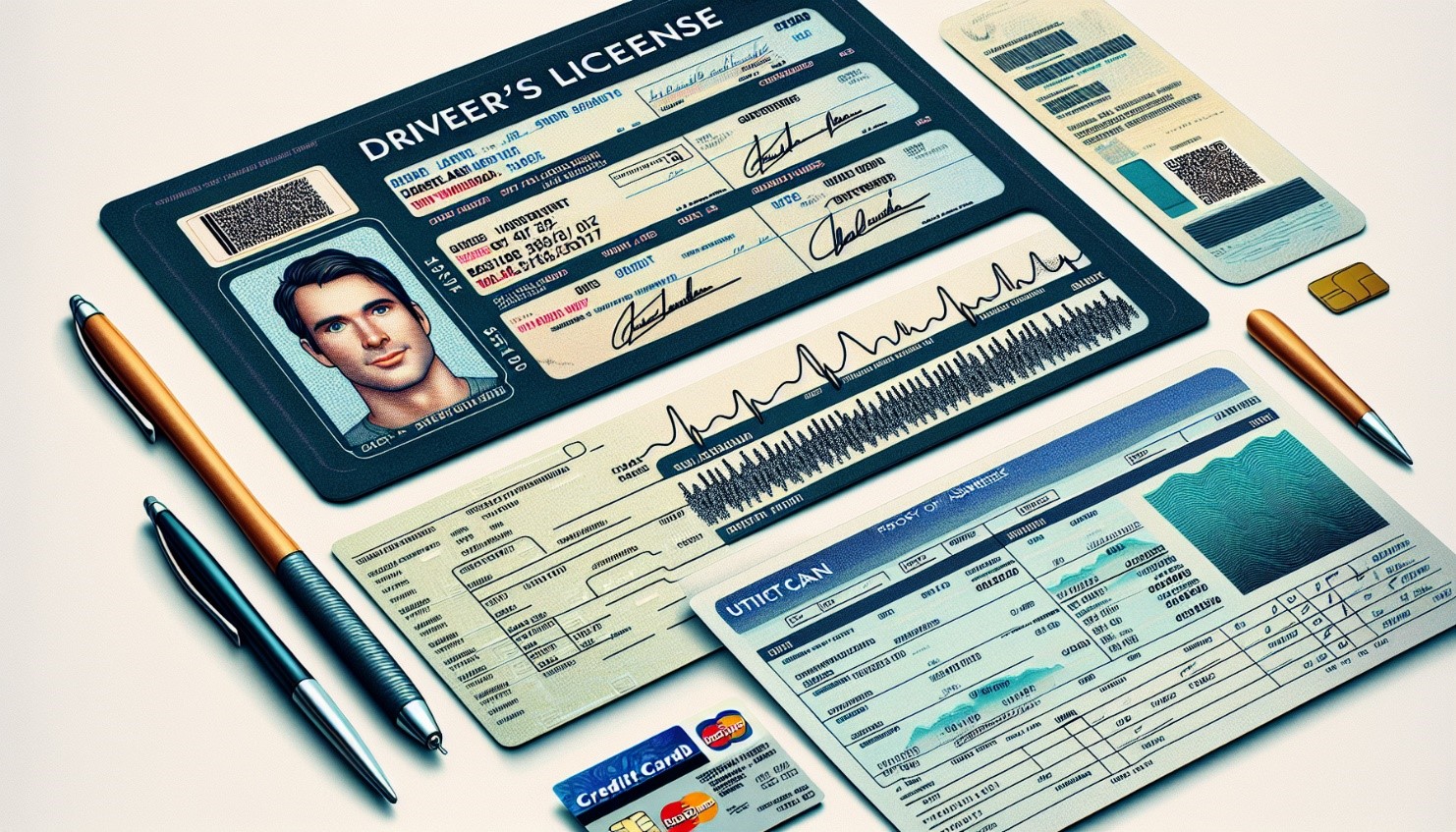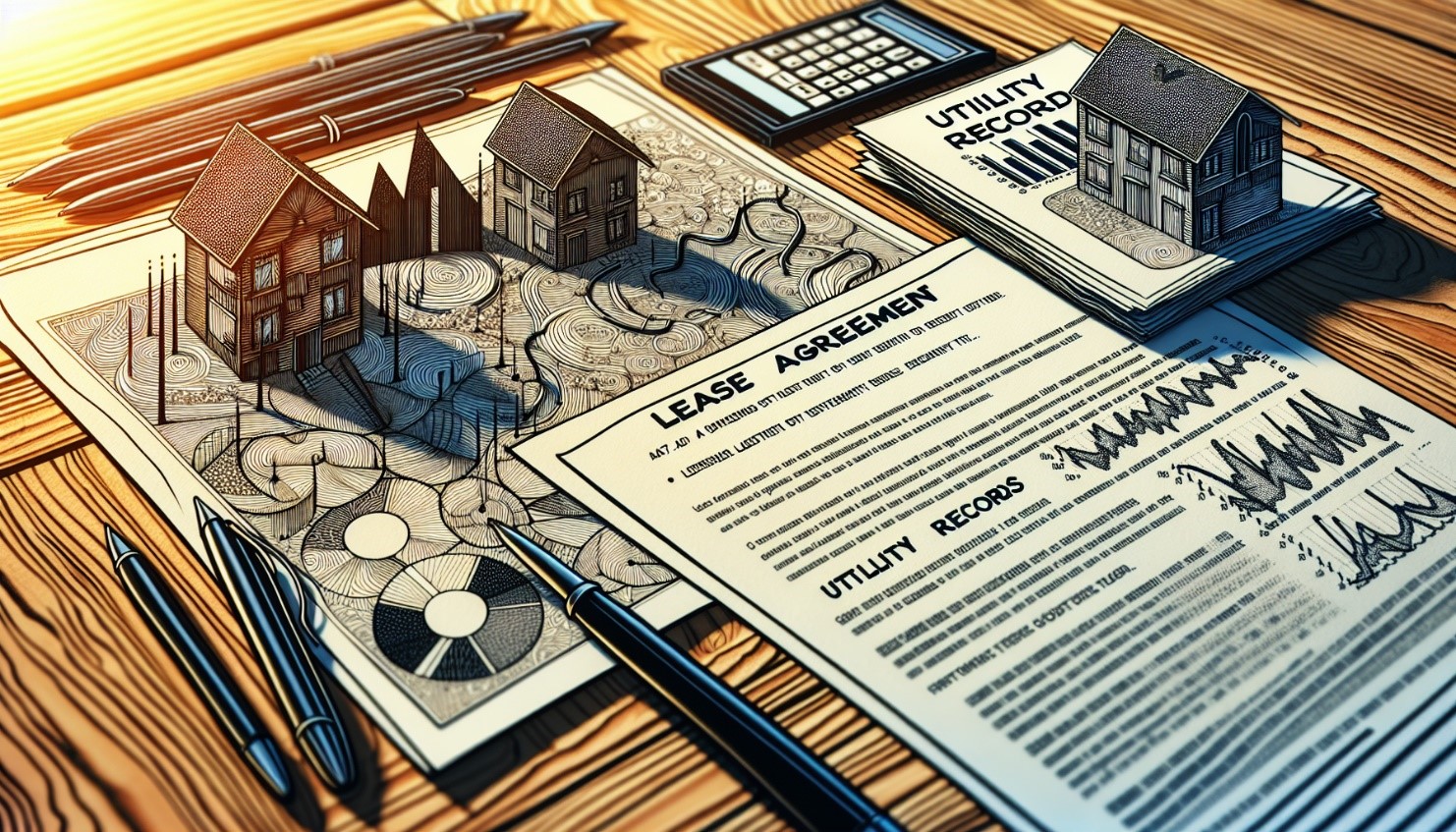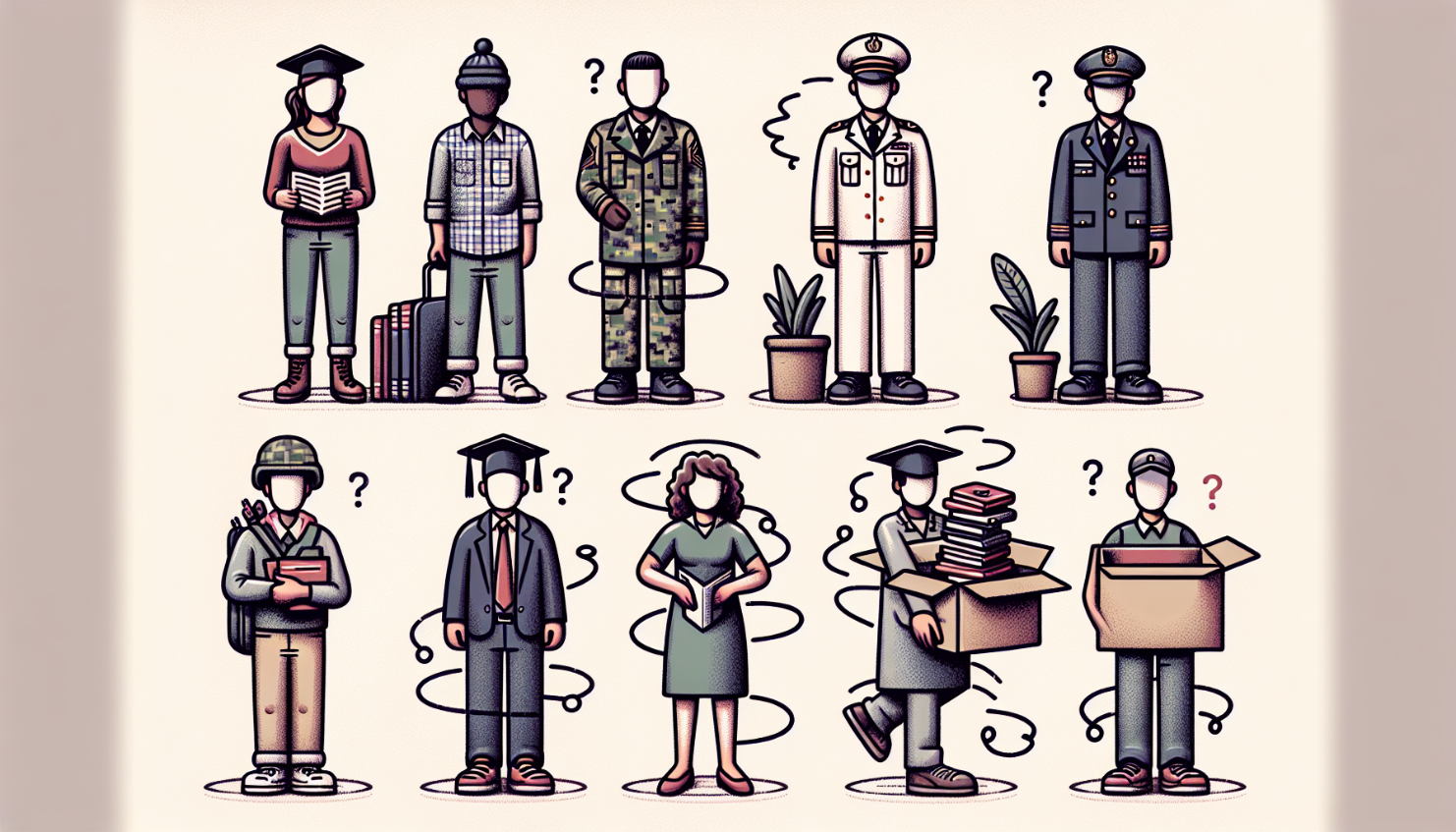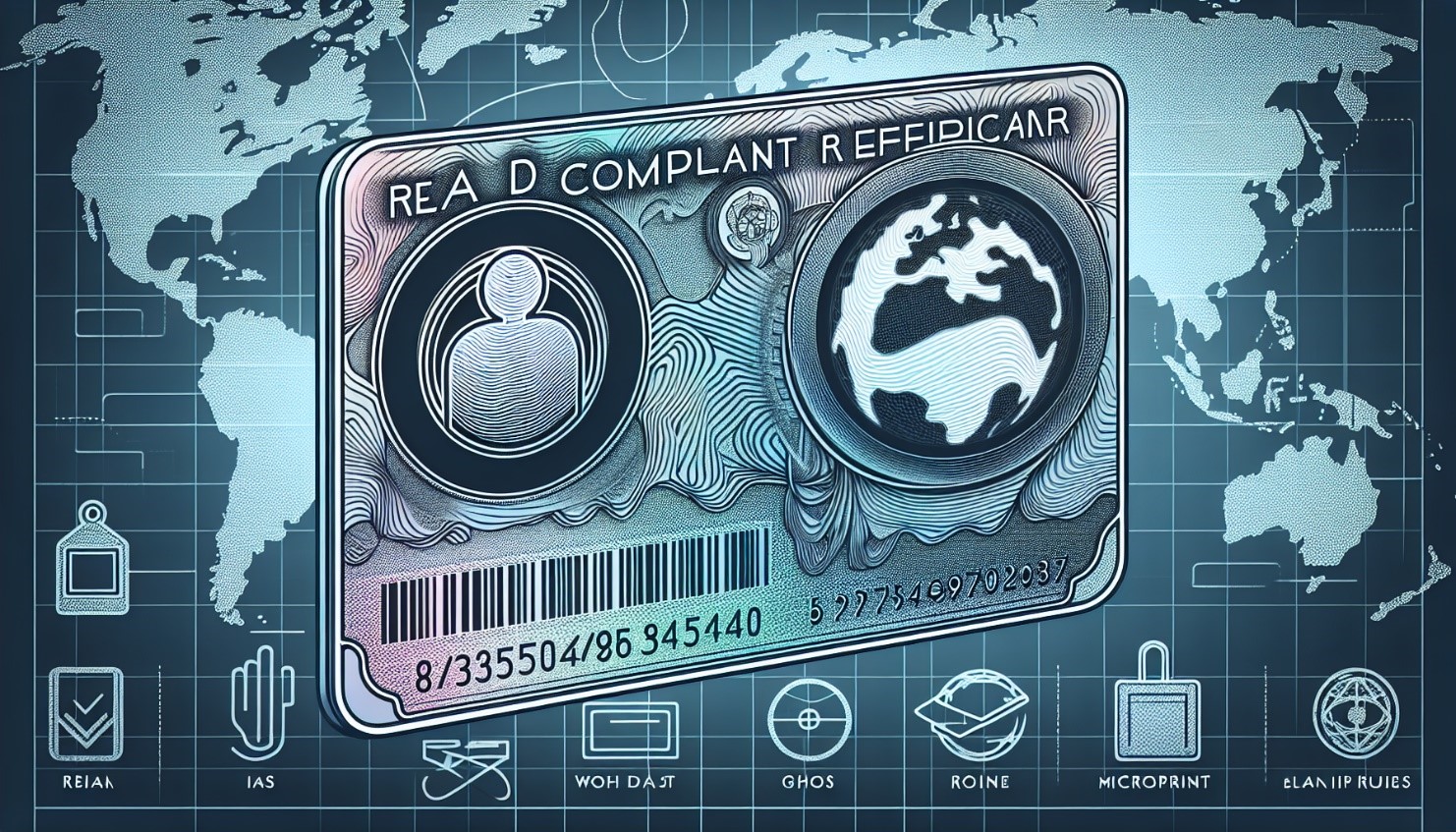Your Guide to Valid Driver License Proof of Address Requirements
Securing a driver’s license requires proving your residence. What documents can you use for driver license proof of address, and how do requirements differ by state or for special circumstances? This succinct guide provides the essentials on acceptable forms of address verification, vital document validity details, and tailored advice for students, new residents, and other unique applicant types—equipping you with the knowledge to navigate this crucial step with confidence.
Key Takeaways
- Proof of address is a mandatory requirement for driver license applications and must include the applicant’s name and current physical address on current, original, or certified documents without alterations.
- Document requirements for proof of address vary by jurisdiction, with some locations requiring multiple forms of proof from different sources, and may include a range of documents like utility bills, rent receipts, bank statements, and electronic proofs.
- Special provisions exist for different applicant categories, including new residents, students, military personnel, non-U.S. citizens, and individuals without a permanent address, and may involve alternative documents or methods for proof of address.
Understanding Proof of Address for Driver License Applications

Proof of address plays a pivotal role when applying for a driver’s license as it substantiates the applicant’s current residential address. But what constitutes acceptable proof? The criteria for documents to be accepted as proof of address include listing the individual’s name and current address, but this is just the tip of the iceberg.
The requirements can get more specific depending on the jurisdiction. For instance, Wisconsin requires two separate proofs of residency, while in the District of Columbia, two documents from different sources with valid DC addresses are needed. These varying document criteria and specific jurisdictional requirements collectively ensure the reliability of the proof of address during the driver license application process.
Acceptable Documents for Verifying Your Residential Address
Now that we understand the importance of proof of address, let’s delve into specifics. What documents can serve as proof? A wide variety of documents are accepted, including:
- Rent receipts
- Utility bills
- Bank statements
- Employment pay stubs
- Court documents
- Insurance policies
- Mortgage or rental contracts
- School transcripts
- Vehicle registration
- Change of address forms
In the age of digitization, electronic proofs of residency, such as online account printouts and electronic bills or statements, are also accepted by DMVs, as long as they include the applicant’s name and address. However, all documents must be original or certified copies; photocopies are not accepted as valid proof of address.
Lastly, documents for proof of address must be current, typically dated within the last year from the date of the driver’s license application.
Ensuring Your Documents Are Current and Valid
It’s not enough to just provide documents; they must meet the criteria set by the Department of Motor Vehicles (DMV). Most DMVs require that documents used for proof of address be no more than one year old from the time of the driver license application. However, some states like Nevada impose a stricter timetable, generally requiring that proof of residency documents be dated within the last 60 days of the application.
The integrity of the documents is equally crucial. Documents must be unaltered, with no changes or corrections permitted to the name, address, or date, and they cannot simply display a P.O. box number. Some jurisdictions, like Colorado, even permit faxed documents from established businesses and electronic documents as long as they meet the DMV’s other criteria.
Establishing Residency with Multiple Documents

When it comes to establishing residency, more is better. The Colorado DMV, for example, requires two proofs of physical address in specific circumstances, such as for first-time applicants or those with licenses expired over a year.
The documents used to substantiate residency can vary widely, including:
- lease agreements
- public utility records
- voter registration cards
- college enrollment papers
- insurance policies
For those without traditional utility bills, alternatives like paycheck stubs, doctor records, or bank statements can be used to prove residency at the DMV. In fact, a utility bill or a bank statement can serve as a reliable document for this purpose.
Diversifying Your Document Selection
Diversifying your document selection can be a smart strategy when it comes to establishing residency. This involves selecting different types of official verifications, such as combining financial and government-issued documents. Furthermore, electronic proofs of residency have become an increasingly popular option, offering a modern and convenient way to meet the variety requirements.
Bringing a range of documentation types to every DMV visit is recommended to ensure that you surpass the minimum proof of address requirements. By selecting a broad array of document types, you increase your chances of satisfying proof of address requirements for driver license applications.
Common Pitfalls to Avoid with Documentation
As we navigate through the paperwork, it’s crucial to be aware of common pitfalls. Hand-written documents, junk mail, or bulk mailings cannot be used as proof of address for driver license applications. Any posted mail must be specifically addressed to the applicant and be considered official mail.
Alterations, labels, corrections, or changes to documents invalidate them as acceptable forms of proof of address. Also, it’s important to remember that documents must feature a physical street address; documents showing only a P.O. box address or lacking a Nevada street address are not valid.
Special Provisions for Different Applicant Categories

While the general rules apply to most applicants, there are special provisions for different categories of applicants. For instance, new residents who are unable to provide traditional documentation may be eligible to use alternative documents, such as two acceptable documents: a letter from a government agency or a not-for-profit organization indicating willingness to accept mail on their behalf.
Other conditions where alternative methods are used include individuals with a rural route mail delivery address, minors or individuals without a permanent address, residents of a halfway house or residential treatment facility, homeless individuals, and authorized individuals such as peace officers, prosecutors, and judges. These individuals must comply with certain requirements, such as applying in person, paying the associated fee, and providing their actual residential address.
Students and Military Personnel
For students living in dormitories, proof of address might seem complicated. But don’t worry, you can use the following documents as proof of address at the DMV:
- College ID
- Class schedule
- Dorm housing receipt or bill
- Notarized letter from the dorm manager
- Statement of residence hall address on file with the university
These documents presented should be sufficient to prove your address as a student resident.
On the other hand, military personnel have different options. Documents like military orders or Leave and Earnings Statements (LES) are often accepted as proof of address at the DMV.
New Residents and Name Changes
Moving to a new state brings challenges, especially for new residents who need to obtain a local driver’s license. New residents must provide proof of residency with a street address to obtain a driver’s license, instruction permit, or ID card. Acceptable proofs of residence for new residents include items like:
- computer-generated bills
- bank statements
- pay stubs
- first-class mail from government agencies or courts
- insurance policies
- leases
- vehicle registrations
For those who have undergone a name change, the process may be slightly more complicated. When the presented proof of address documents show different names, additional verification is necessary. You may need to provide a court order, marriage certificate, or other legal documents to accompany the proof of address.
The Role of Real ID in Address Verification

While we’ve focused a lot on standard driver’s licenses thus far, let’s shift gears and discuss Real IDs. Real ID compliant cards must display the holder’s physical address to conform with federally mandated address verification requirements, unlike standard licenses where a mailing address may suffice.
Real IDs include enhanced security features like barcodes and a visible gold star, ensuring that the card is genuine and that the address is verified against secure databases. Non-U.S. citizens are eligible for a Real ID driver license or identification card provided they submit acceptable documents that verify legal presence and address in the issuing state.
Real ID vs. Standard Driver License
Real ID and standard driver’s licenses may seem similar, but they serve different purposes. A Real ID is recognized for use in secure settings such as airports, federal buildings, and certain military bases, which is not the case for a standard driver’s license.
While a standard driver’s license is primarily used for driving and identifying age, a Real ID allows for broader uses at the national and federal level. Lawfully present non-U.S. citizens can use the following documents to fulfill proof of identity requirements for a Real ID:
- A valid foreign passport with a U.S. Visa
- An approved I-94 form
- A Permanent Resident Card
- An Employment Authorization Document (EAD)
Navigating Address Proof for Non-U.S. Citizens

For non-U.S. citizens, the journey to obtaining a driver’s license or ID card may seem daunting. However, it’s not as complex as it might initially appear. Non-U.S. citizens must present valid originals or certified copies of documents issued in the United States for proof of residency, with foreign passports being an exception.
Specifically, DACA recipients are entitled to apply for a driver’s license or identification card with documents issued by the Department of Homeland Security. Meanwhile, for non-U.S. citizens with temporary legal status, the expiration date of their REAL ID matches the expiration of their U.S. legal presence documentation. It’s also worth noting that if there’s a name difference on their identity document compared to their current name, additional verification is necessary.
Immigration Services Documentation
To obtain a Real ID, non-U.S. citizens need to present specific forms of immigration documents for proof of identity and address, which aligns with the federal Real ID Act. These include federally approved immigration documents, such as a valid passport or birth certificate, which the DMV accepts for Real ID applications.
Aside from immigration documents, applicants may need to present additional evidence, such as a replacement social security card or proof of address, to comply with the Real ID Act. Comprehensive documentation, including specific immigration papers, is crucial as it confirms both the identity and residential address of the applicant for Real ID issuance.
Replacing a Lost or Stolen Driver License
Losing your driver’s license can be an unnerving experience. But don’t fret; if you’re a U.S. citizen or permanent resident in Colorado, you can use your current driver license or identification card as proof of address when replacing a lost or stolen license. The driver license or identification card used must be valid or expired for less than one year and have the correct current address listed.
Updating Address Information on an Existing License
Life is constantly changing, and sometimes that involves a change of address. If you’ve moved, remember that you are legally required to update your residential address with the DMV within 30 days of securing a permanent residence. Address changes can be conducted online, via mail-in, or in-person at a driver license office. However, eligibility requirements for online address changes differ by state, so be sure to check your local DMV’s rules.
For mail-in address changes, you’ll need to fill out the Application for Change of Address and provide a non-expired driver license, among other requirements.
Summary
And that’s a wrap! We’ve navigated the winding roads of proof of address requirements for driver license applications, understanding the diverse types of documents accepted, the importance of diversifying document selection, special provisions for different applicant categories, and the role of Real ID. While the process may seem overwhelming, with the right knowledge and preparation, you can navigate this journey confidently and successfully.
Frequently Asked Questions
What is the best proof of residency?
The best proof of residency can be provided through documents such as a utility bill, credit card statement, lease agreement, or mortgage statement. These are commonly accepted as valid proof of address.
What is acceptable proof of residency in NY?
Acceptable proof of residency in New York includes a New York State Driver’s License, U.S. utility bill, lease or deed, or a letter from a landlord on the landlord’s letterhead listing dates of tenancy and rent payments. Other options are a recent bank statement or pay stub showing your current New York State address.
How many proofs of address are typically required?
Most jurisdictions typically require multiple proofs of address. For example, the Colorado DMV requires two proofs of physical address for specific cases such as first-time applicants or those with licenses expired over a year.
What is the difference between a Real ID and a standard driver’s license?
The main difference between a Real ID and a standard driver’s license is that a Real ID is accepted for federal purposes like airport security, while a standard license is not. A standard license is mainly for driving.
What can non-U.S. citizens use as proof of address?
Non-U.S. citizens can use valid originals or certified copies of U.S.-issued documents for proof of residency, with foreign passports being an exception. DACA recipients can use documents issued by the Department of Homeland Security.
